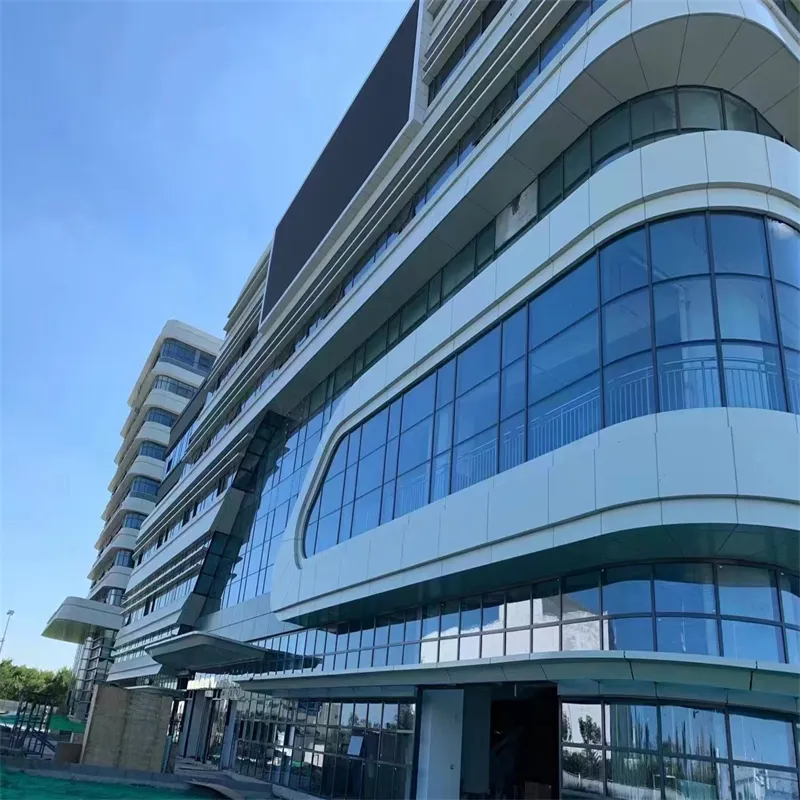Oct . 06, 2024 05:35 Back to list
float glass window
The Benefits of Float Glass Windows
Float glass windows have become a popular choice for both residential and commercial buildings due to their unique properties and numerous advantages. Made through a process known as float glass production, this type of glass is created by floating molten glass on top of molten tin to produce a smooth, flat surface. The result is a high-quality glass that offers various benefits for architecture and design.
One of the most significant advantages of float glass windows is their clarity. The production method ensures that these windows have a uniform thickness and a flawless surface, allowing for maximum light transmission. This characteristic not only enhances the aesthetic appeal of a building but also improves energy efficiency by reducing reliance on artificial lighting during the day. Additionally, the clarity of float glass windows provides unobstructed views of the surrounding environment, contributing to an inviting and pleasant atmosphere indoors.
Another critical benefit of float glass windows is their versatility
. They can be manufactured in various sizes and shapes, making them suitable for different architectural styles and applications. From large storefronts to small residential window openings, float glass can be customized to meet specific design requirements. Furthermore, it can also be treated and coated with various materials to enhance its performance, including low-emissivity (Low-E) coatings that reflect infrared light, thereby improving thermal insulation.float glass window

Float glass windows are also known for their durability and safety. While standard float glass can be susceptible to breakage, modern advancements in processing technology allow for the creation of tempered or laminated versions. Tempered float glass is heat-treated to increase its strength and, if broken, shatters into small, blunt pieces, reducing the risk of injury. Laminated float glass, on the other hand, consists of layers of glass bonded together with a plastic interlayer, providing enhanced safety and sound insulation. These characteristics make float glass windows a practical choice for high-traffic areas and locations prone to severe weather conditions.
In terms of maintenance, float glass windows are relatively easy to care for. Their smooth surfaces resist dirt and grime buildup, reducing the frequency of cleaning required to maintain their appearance. With regular maintenance, these windows can last for many years, offering an excellent return on investment for homeowners and builders.
In conclusion, float glass windows offer a combination of aesthetic appeal, versatility, durability, and low maintenance. Whether for a modern commercial building or a classic residential home, their various benefits make them an ideal choice for enhancing both the functionality and beauty of any space. As building trends continue to evolve, float glass will undoubtedly remain at the forefront of architectural innovation.
-
Safety and Style with Premium Laminated Glass Solutions
NewsJun.24,2025
-
Reinvents Security with Premium Wired Glass
NewsJun.24,2025
-
Premium Float Glass Line for Modern Architecture
NewsJun.24,2025
-
Low Emissivity Glass for Energy-Efficient Architecture
NewsJun.24,2025
-
High-Performance Insulated Glass Solutions for Modern Architecture
NewsJun.24,2025
-
Elevates Interior Style with Premium Silver Mirror
NewsJun.24,2025
Related PRODUCTS














